This book is an invaluable ringside view of the working of the partition council, the apex body that unravelled the physical partition of assets down to the last typewritten ribbon. The magnitude of this task has, to this day, not been fully appreciated. It has never occurred to anyone to ask how had it become possible to arrive at agreements on controversial issues of such great significance in the midst of great tension, violence and bitterness. These memoirs span the period of H.M. Patel’s years in the Indian Civil Service (ICS). The first part of the book charts the familiar rites of passage in the life of a civil servant. In 1927, a civil servant is born; his becoming cabinet secretary in 1946 is the prime of life; the resignation in 1959 is a premature end to an illustrious life. HM went on to be an educationist and public worker. In 1977, he became Finance Minister and subsequently, Home Minister of India. The second part of the book focuses on partition. Besides charting the milestones on the road to transfer of power such as the Labour government’s coming to power, the Cabinet Mission, the Interim Government, the 3 June Plan and the final countdown to August 15, 1947, the book describes in detail the elaborate machinery of partition — the partition Council, the Arbitral Tribunal, the expert committees — and sketches the sequence of events by which agreement was achieved after much wrangling and in the midst of unprecedented communal strife. HM’s account of how the authorities rallied to bring the communal situation in Delhi in September 1947 under control is of great value as a historical document. He writes of how civil servants took the initiative, backed to the hilt by the government, and restored order on an emergency footing. The book highlights one feature of the Indian polity in the immediate aftermath of independence and partition, which never fails to amaze the observer. It is the way in which two sets of players, ICS officials and political leaders, who had been on opposite sides so far, worked in tandem to set the new state on the rails. H.M. Patel’s life story, of a civil servant turned nation builder, mirrors the story of transition. Like other autobiographies of public figures, it closely follows the biography of the nation. The book will illuminate the general reader and will serve as a bible for the civil servant. Of course, it remains of exceptional interest from the perspective of a student of the history and politics of independence and partition.
The First Flush of Freedom: Recollections and Reflections
Volumes have been written ...
$31.50
$35.00

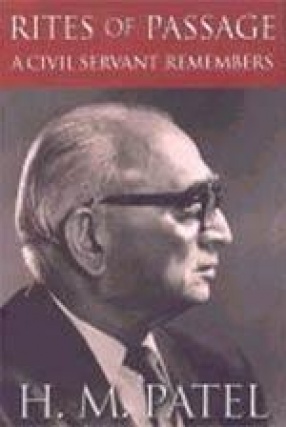
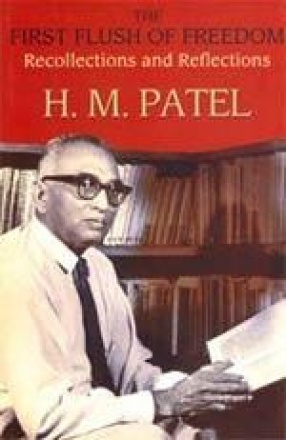
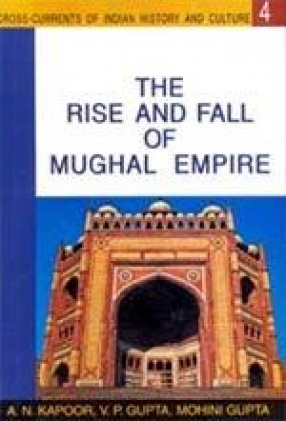
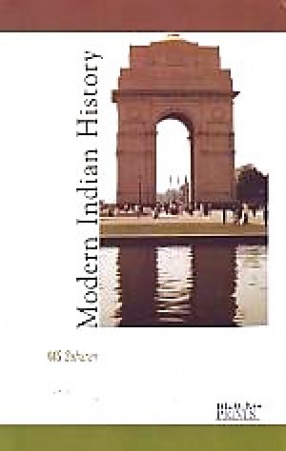
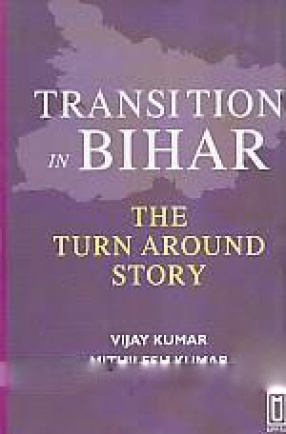
There are no reviews yet.